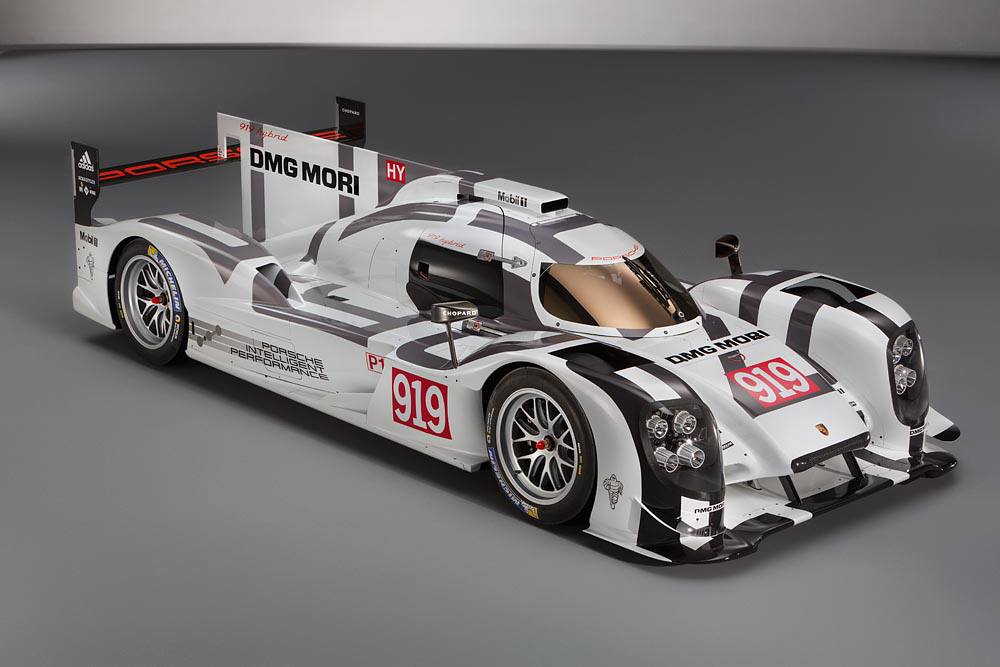Porsche 919 Hybrid technology coming to a car near you

“Race on Sunday, drive on Monday” was the motto of many Porsche 356 drivers in the 1950s. Back in the day, the 356 could be a winner on the race track at the weekend and then go back to being a reliable everyday car again.
Porsche has often said that their cars are no ordinary sports cars, but in fact sports cars for everyday road driving. Ever since 1948, the company has been laser focused on building cars for the driving enthusiast with a variety of configurations — front, centre or rear-engine mounted.
The company has also had a strong heritage in motorsports, being responsible for countless victories on international racetracks for decades.
Arguably, the future of racing is more than just about pure outright speed. It’s about developing and applying technology to combine efficiency and performance in a winning package as well. Porsche says this is why after a 16-year hiatus, they returned to the 24 hours of Le Mans endurance race to compete in the top-tier prototype class with their 919 Hybrid race car.

Although private teams have competed 24 and won at Le Mans in various versions of the 911, Porsche has not had a factory team at Le Mans since their GT1 took the overall win in 1998.
Ferdinand Porsche developed the world’s first hybrid car over 110 years ago and gas-electric hybrid technology is a hallmark of the marque, even if Porsche purists may not want to admit it.

But the 919 was developed for more than just racing. Porsche says that the 919 is a real world research and development platform for future production car models. No surprise there as they have a storied history of bringing race car technology to their road cars. The company has pioneered a wide range of motorsports technology that has eventually wound up on production vehicles.

What’s most impressive about the 919 is the two ways Porsche recovers energy to juice up its hybrid system. The first system uses an electric generator with a turbine driven by the exhaust.
A second system gathers kinetic energy during braking just like a mainstream hybrid vehicle such as the Toyota Prius. All that energy is stored in a water-cooled, lithium-ion battery pack that powers an electric motor (Porsche won’t say how powerful) driving the front wheels. This essentially gives the 919 on demand all-wheel drive when combined with the traditional gas engine driving the rear wheels.

We can already see this application in production with Porsche’s limited-edition 918 Spyder with a similar hybrid electric configuration and all-wheel drive.
But Porsche is also already building what was originally race car technology into their less exotic models as well. The list includes the stuff on your car that you might take for granted, such as ceramic brakes, and more specialized fare like dual clutch transmissions, or even carbon fiber monocoque construction.

You can bet on Porsche using what they learnt from the 919 (which incidentally came in at 11th place at this year’s race) to expand upon tradition. It’s only a matter of time before you’ll see it in some shape or form in future 911s, Panameras, Boxsters, Macans, or Cayennes. This could mean smaller engines, hybrid drivetrains and wider use of lightweight materials.
Only the future can tell, so stay tuned!

